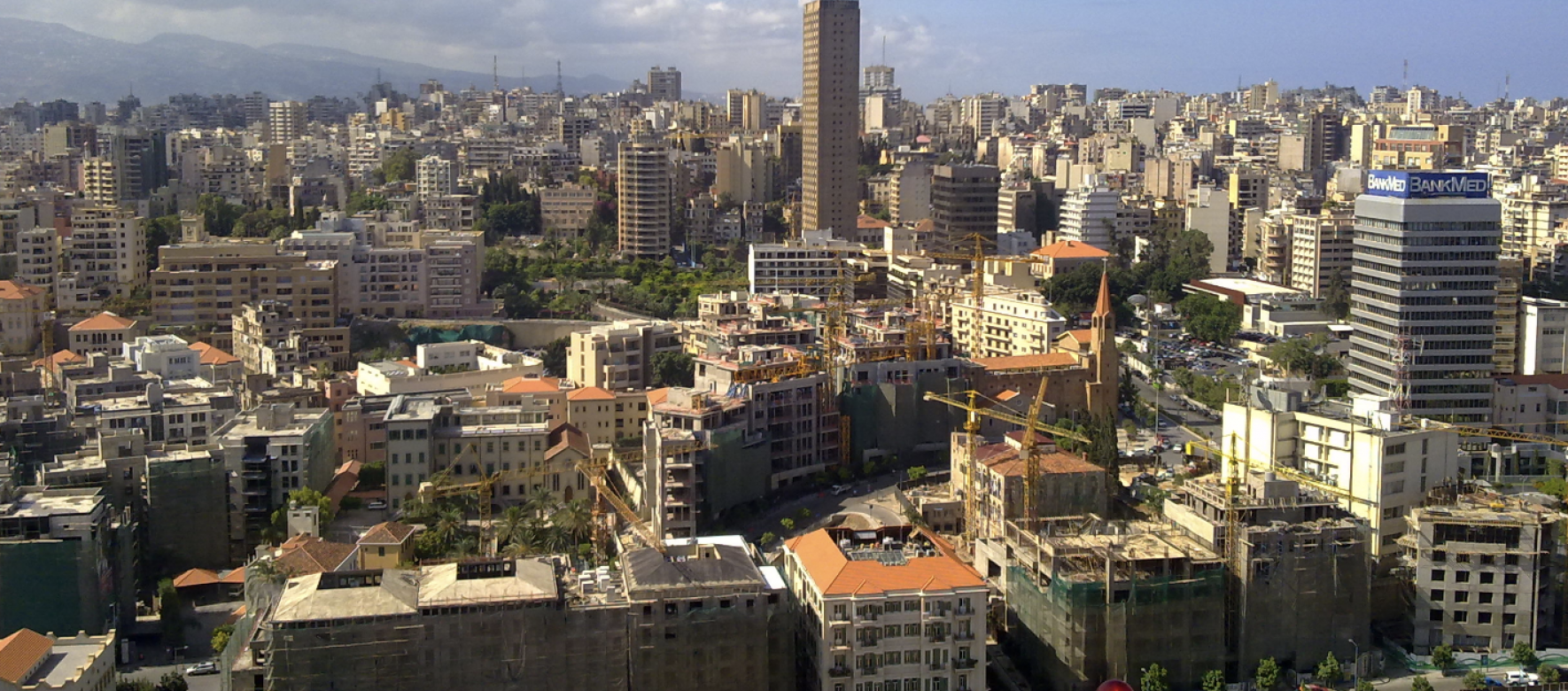The UN estimates that 3.9 million people residing in Lebanon require humanitarian assistance to meet their basic needs.
This figure includes 2.1 million vulnerable Lebanese, 1.5 million Syrian refugees, 81,500 migrants residing in Lebanon and 211,400 Palestinian refugees. This increased need for humanitarian assistance is mainly due to the inability of individuals to meet their basic needs and access basic services.
Crucial services such as energy, education, water and health care, normally provided by the public sector, have been severely affected and are now provided by the private or informal sector at much higher costs, making access difficult for a large part of the population, including the middle class.
Estimates of the level of poverty remain very uncertain to date given the scale and complexity of the Lebanese economic and financial crisis.
At the beginning of 2022, the UN estimated that around 80% of Lebanese lived below the poverty line.








Réagissez à cet article